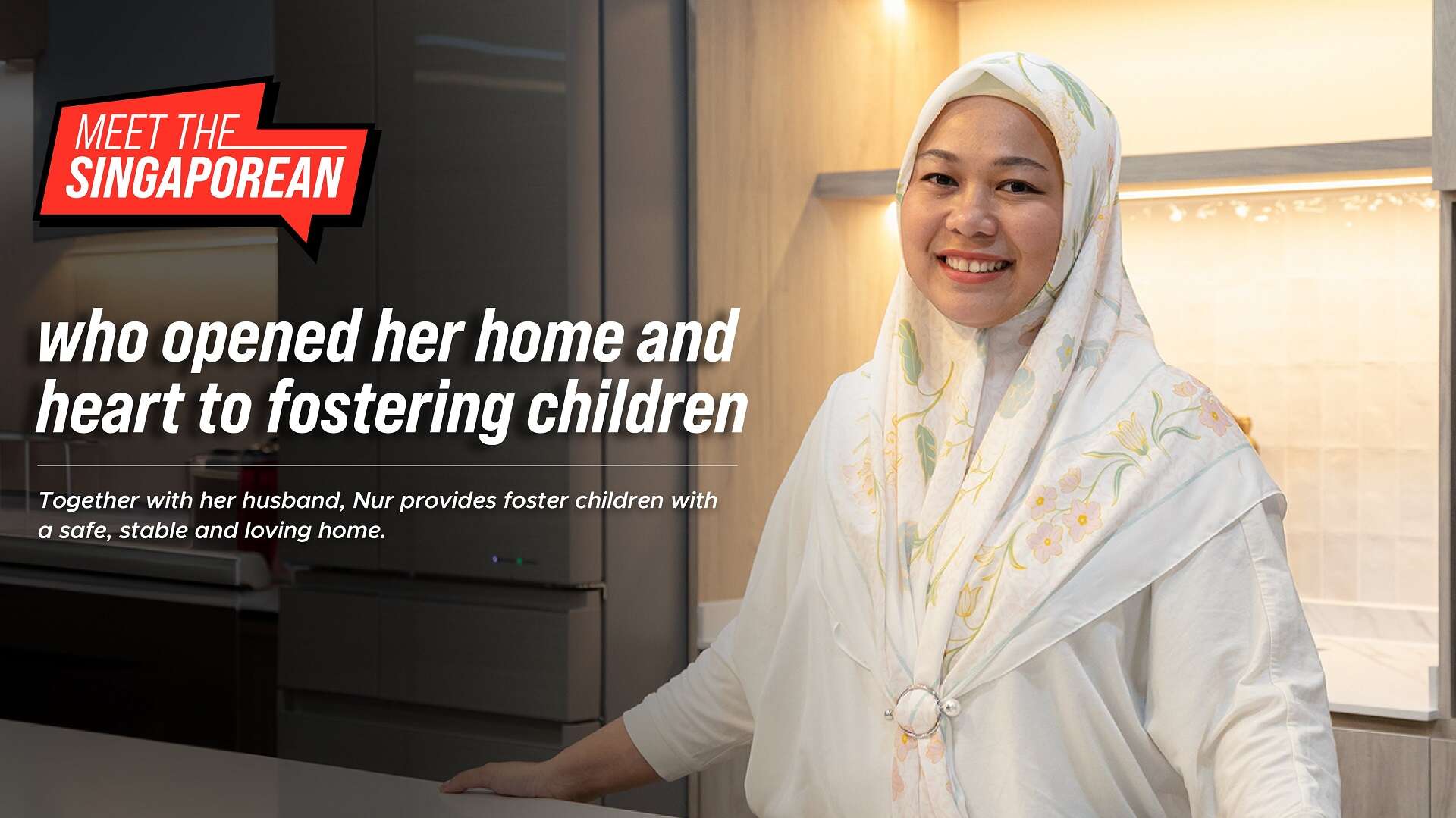

Circuit Breaker may be over in Singapore, but when it comes to family violence, one case is one too many.
During the Circuit Breaker period in April and May, enquiries received by the Ministry of Social and Family Development’s Adult and Child Protective Services increased by 7 percent compared to March.
In June, compared to the Circuit Breaker period, enquiries have continued to increase by 30 percent. This increase can be attributed to the Ministry and its partners’ stepped-up outreach efforts during the Circuit Breaker, and as those who were unable to seek help during the Circuit Breaker had the opportunity to come forward.
Sharing these statistics at a virtual Zoom conference in early July, Minister for Social and Family Development Desmond Lee said, “This issue continues to be very salient and we need to keep an eye on it.”
What is family violence?
Family violence does not refer to the occasional family conflict or disagreement, which is a fairly common feature of marriage or family life. Family violence is any violent, threatening or controlling behaviour that occurs within the family.
Cherylene Aw, the centre director of TRANS SAFE Centre, said: “Family violence resides on a continuum that can range from controlling behaviour to acts that can result in severe mental anguish, bodily harm or even death.
“When a person’s emotional and physical safety is compromised or threatened, it is a sign that the line has been crossed.”
Family violence can take the form of physical harm, sexual assault, prolonged verbal or psychological abuse.
For elderly or vulnerable family members, if their basic needs like food and clothing are neglected or if they are deprived of necessary medical care, this is also considered family violence.
What can I do?
If you are a:
Victim
- Withdraw from an argument before it gets worse, if you know what triggers the person using violence
Person using violence
- Step away from an argument by using “time-outs” or a cooling off.
- During this cooling off, you should avoid activities that can aggravate violent behaviour like drinking or abusing drugs.
- Engage in positive activities that can help you to self-regulate your behaviour.
- If you know what your triggers are, learn how to watch for them and try to walk away from the situation. This is a temporary interruption technique that can curb a violent explosion.
However, the above tips may only work for a while.
Said Ms Aw, “De-escalation is only a short-term strategy. Reaching out and seeking help from professionals to address safety concerns and underlying issues in the relationship is key to ending violence in the long run.”
Bystanders can help too
The problem is when nothing is done. The violence may worsen as the people involved may not seek help.
This is where bystanders – family members, friends and even neighbours who know that violence is taking place – can help.
Ms Aw acknowledged, “The tendency to stay ‘silent’ and not interfere often stems from a fear of the unknown. In addition to uncertainty around what constitutes abuse and the lack of knowledge on help-seeking procedures and resources, people may be concerned about the implications on their own or family members’ safety, especially if they are living in close proximity.”
However, bystanders do not necessarily need to try to control or stop the violence.
They can simply be what Ms Aw called “the eyes and ears on the ground”, by making their concerns known to people who can step in and help – like family service centres, family violence specialist centres like the TRANS SAFE Centre, and the police.
On a personal level, if a family member, colleague or friend may be experiencing family violence, a bystander can check in with the victim, share help resources or even accompany the victim to a nearby family service centre, hospital or police station.
Said Ms Aw, “By stepping in and lending a helping hand, the community can break the silence on violence. They may help someone in distress or even save a life.”
| Family Violence Helplines If you are or know someone who is experiencing family violence, please call any of these helplines:
For urgent cases that require immediate assistance, contact the police at 999 or SMS 71999. |
We use cookies to tailor your browsing experience. By continuing to use Gov.sg, you accept our use of cookies. To decline cookies at any time, you may adjust your browser settings. Find out more about your cookie preferences here .

















